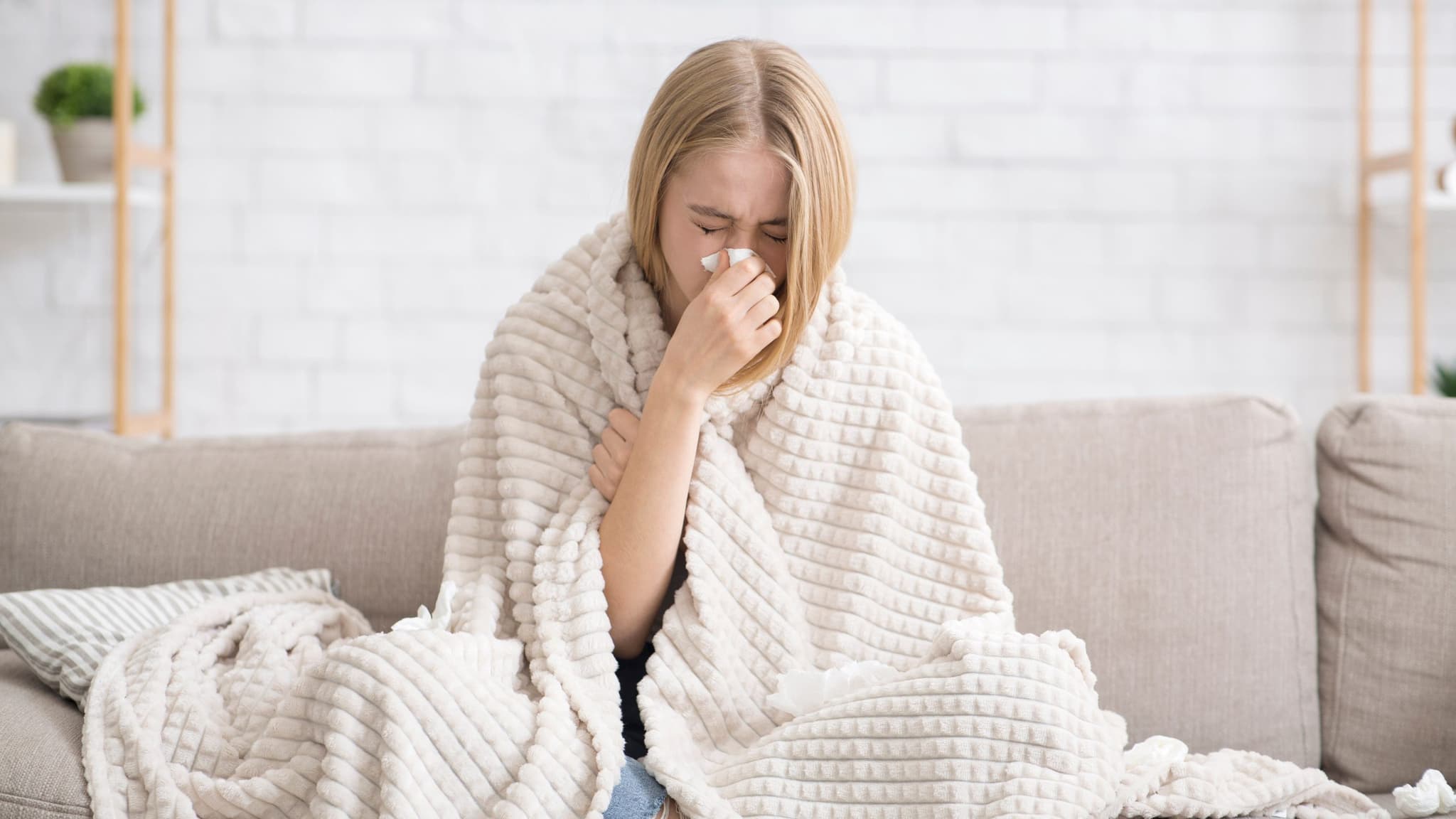
2025-04-24T14:00:43
The DASH Diet: What it is and How it Supports Your Heart
- Cardiology
- Family Medicine
October 2, 2018 | Family Medicine
Specialties:Family Medicine

If your child sneezes or coughs a lot, complains of a stomach ache after eating a certain food or seems to have a permanent skin rash, your child may have a food allergy. Food allergies can range in severity. Some allergies result in nothing more than mild hives while others result in the complete inability to breathe. For this reason, it is important that parents understand the signs of food allergies and know what measures they need to implement to protect their little ones.
A child can be allergic to any food or ingredient, but some food allergies are more common than others. In fact, the following eight allergens are responsible for approximately 90 percent of all reported reactions in children:
Depending on the type of allergy, the reactions can be mild to fatal, but most children outgrow their allergies by adulthood. For instance, 80 percent of adults who were allergic to milk as a child do not report the same symptoms when exposed to milk as an adult. The numbers are more or less the same for those with wheat and soy allergies. Approximately two-thirds of children with egg allergies will be safe to consume eggs in adulthood.
Unfortunately, it is impossible to tell whether a child has a food allergy until a reaction occurs or unless he or she is tested. If your family has a history of food allergies, it would be wise to order allergy testing before you expose your child to “big kid” foods. Otherwise, look out for the following symptoms:
If you notice any of these symptoms, take your child in for allergy testing right away. The allergist may perform a series of tests to help make an accurate diagnosis. Some tests to expect include:
Positive results to both tests indicate a sensitivity to certain foods. If the results are unclear, however, your allergist may recommend exposing your child to increasing amounts of a given food over a set period of time. A doctor will monitor your child during the test.
Because reactions to certain foods differ from person to person, it is very important that you understand how your child reacts to certain foods so you can make or request appropriate accommodations. Reactions can include:
You can keep your child safe by having him or her tested for food allergies early in his or her life. Talk to your pediatrician regarding allergy testing today.

WRITTEN BY:
The Live Better Team


2025-04-24T14:00:43

2025-03-10T14:24:39

2025-01-21T10:28:42

2025-01-09T10:36:36
This information is not intended to replace the advice of a medical professional. You should always consult your doctor before making decisions about your health.